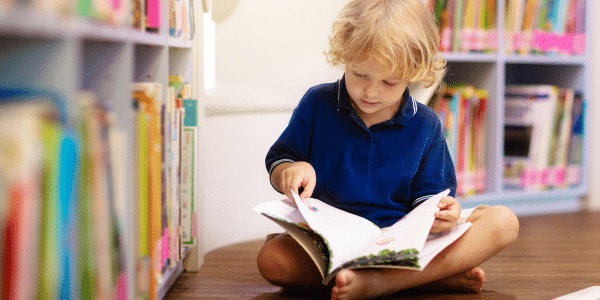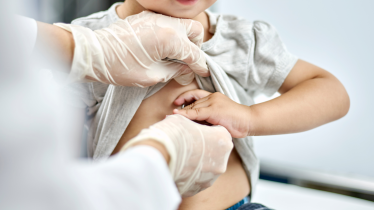The start of a new school year in Buffalo, NY is both exciting and hectic. Amid the rush of back-to-school shopping and organizing, it’s essential not to overlook one crucial component: your child’s health. Ensuring your child is physically and mentally prepared for the new academic year will set them up for success. Here’s your back-to-school health checklist to make sure nothing slips through the cracks.
The Power of Protection: Vaccinations
Vaccinations are our superheroes of health, working behind the scenes to protect your children from many serious diseases. Before school starts, check that your child is up-to-date with the vaccination schedule recommended by your pediatrician. Vaccines like measles, mumps, rubella (MMR), diphtheria, tetanus, and pertussis (DTaP), and the annual flu shot are important for preventing the spread of contagious illnesses within the school community.
Remember, these aren’t just for the very young – adolescents need boosters and certain vaccines too. If you’re unsure about what vaccinations your child needs, consult your pediatrician or local health department for guidance.
Eyes and Ears: Vision and Hearing Tests
Reading, writing, and following along in class all require good vision. That’s why it’s important to get your child’s eyes tested before they head back to school. An eye examination can detect any vision problems like nearsightedness, farsightedness, or astigmatism, ensuring that your child can see clearly and perform well academically.
Similarly, good hearing is essential for language development and social interaction. Regular vision and hearing screenings ensure any issues can be detected and addressed early, helping your child fully engage in the learning process. If you can’t remember the last time your child had these checks, now’s a good time to schedule them with an optometrist or audiologist.

Well-being Above All: Mental Health
Going back to school can be emotionally challenging for some children. It’s not just about new classes or homework – it’s also about navigating social relationships and dealing with stress.
Make sure to talk to your child about their feelings and attitudes towards the new school year. Encourage open communication and provide a safe space for them to share any concerns or anxieties they may have.
If your child seems overly worried or anxious about school, it might be a good idea to discuss it with a pediatrician, school counselor, or mental health professional. They can provide guidance and support to help your child cope with any emotional challenges they may face.
Fuel for Learning: Nutrition Tips
Breakfast, lunch, and snacks fuel your child’s brain and body, helping them stay focused and energized throughout the school day. Establish healthy eating habits by including a variety of nutritious foods in their meals. Incorporate fruits, vegetables, whole grains, and lean proteins to provide a balance of essential nutrients.
Make sure they start the day with a healthy breakfast, which can improve concentration and memory. Involve your child in meal planning and preparation, as this not only makes it more likely they’ll eat what’s in their lunchbox, but it also teaches them about healthy food choices. Packing a well-balanced lunch and providing nutritious snacks can contribute to their overall well-being.

Sleep: The Unsung Hero
The importance of a good night’s sleep for kids cannot be overstated. Quality sleep boosts cognitive function, mood, and overall health.
With the start of school, it’s important to establish a consistent bedtime routine that allows your child to get enough sleep. Children need different amounts of sleep depending on their age, so ensure your child gets the recommended amount for their age group. For example, school-aged children (6-13 years old) generally require 9-11 hours of sleep per night.
Create a relaxing environment in their bedroom, limit screen time before bed, and encourage a consistent sleep schedule to promote healthy sleep habits.
Physical Check-up: The All-rounder Review
A general physical check-up is a must before going back to school. This comprehensive review checks your child’s growth and development and screens for potential issues that could affect their performance in school.
The physical examination includes assessing vital signs, checking for any abnormalities, and discussing any concerns you may have about your child’s health or development. It’s also an opportunity to update medical records, ensure that any chronic conditions are well-managed, and discuss any necessary accommodations with the school if required.
Be sure to schedule an appointment with your pediatrician or primary care provider well in advance to allow time for any follow-up tests or treatments, if needed.

In Conclusion
Heading back to school is a big transition for your child. As parents, you can support them by ensuring their health and well-being are looked after. From protecting them with vaccinations, to ensuring optimal vision and hearing, to supporting their mental health, and keeping them fueled with nutritious foods – every step you take helps them thrive in the school year ahead.
Remember, you’re not alone on this journey. Our pediatric practice in Buffalo, NY, is here to support you and your child every step of the way. By prioritizing your child’s health, you’re setting the foundation for a successful and healthy school year.
Let’s work together to ensure your child’s well-being and academic success.












